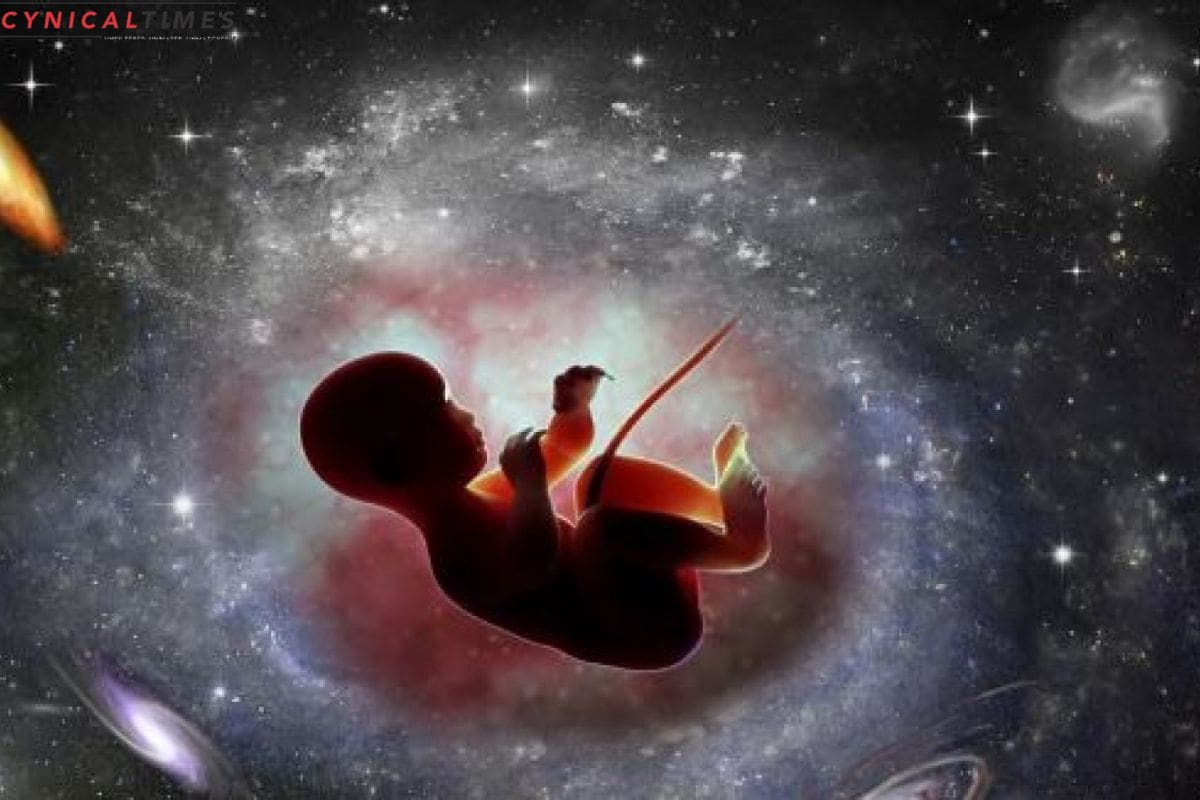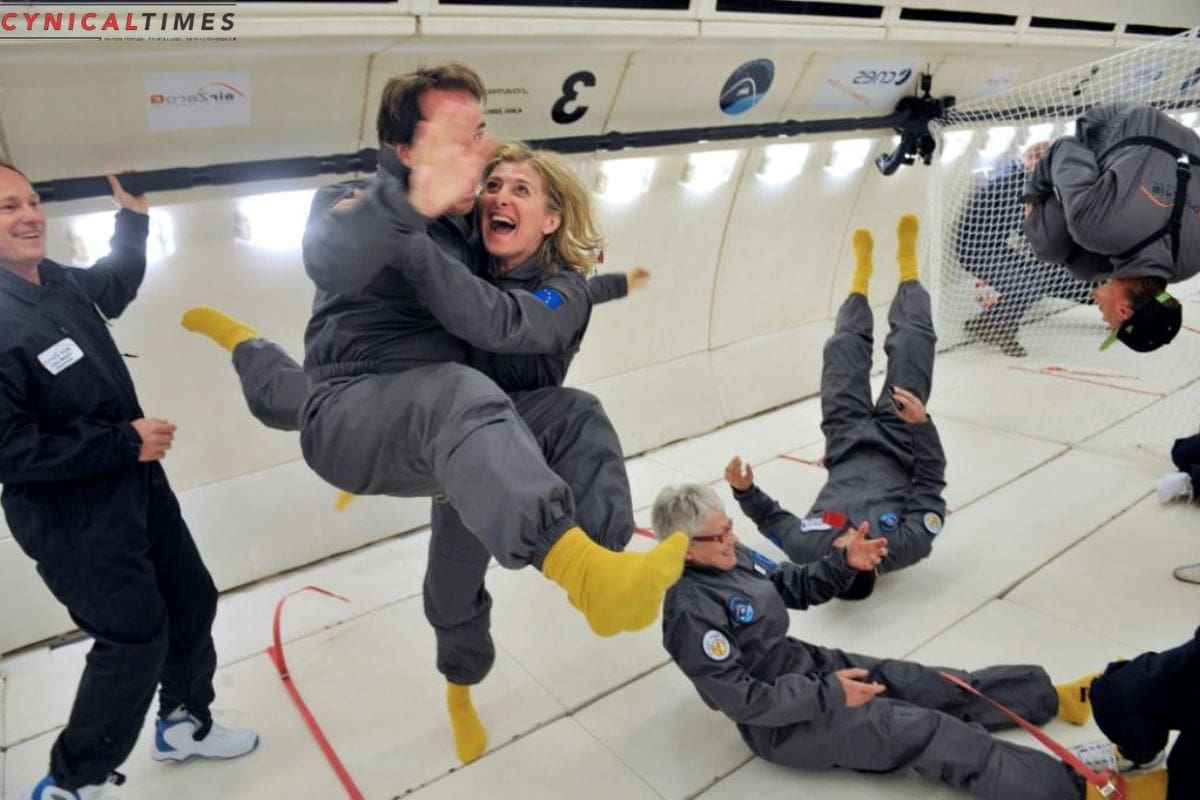Space Love Chronicles: In the quest for interplanetary survival, Dutch entrepreneur Egbert Edelbroek leads Spaceborn United in groundbreaking space sex research. The ultimate goal? Natural conception and birth in the partial gravity environment of Mars.
Edelbroek, passionate about humanity becoming a multiplanetary species, emphasizes the need to address the reproductive challenge for independent human settlements beyond Earth. Recognizing the delicate nature of this endeavor, he envisions extraterrestrial childbirth within his lifetime.
The primary hurdle in achieving safe space sex is the absence of gravity. Couples engaging in intercourse would drift apart. To overcome this, Spaceborn United initially focuses on conceiving embryos in space. Beginning with mice, the firm employs a specially designed disc that mixes human sperm and egg cells, aiming to create a viable embryo.
To protect the embryos during re-entry, where significant shaking and G-forces occur, they are cryogenically frozen. Research is currently conducted in simulated partial gravity lab conditions. The next step involves launching mice cells, with a projected timeline of “about five or six years” for the first launch with a human embryo.


Also Read: Intel Meteor Lake and Future Tech Unveiled: Key Highlights and Innovations
However, the ethical considerations surrounding the exposure of vulnerable human cells and embryos to the hazards of space pose significant challenges. While Spaceborn is pioneering this space reproduction research, mainstream space agencies like NASA tend to avoid such endeavors due to ethical concerns.
Bodily fluid dynamics in low-gravity environments pose additional challenges for human reproduction in space. The pull of fluids, opposite to Earth’s gravitational forces, necessitates creating a perfect environment to protect the growing, vulnerable fetus.
With the growth of space tourism, Edelbroek acknowledges the possibility of couples on space tourism flights aspiring to conceive, emphasizing the need to address associated risks. Spaceborn’s research, replicating the in vitro fertilization (IVF) process in space, not only pushes the boundaries of interplanetary reproduction but also contributes to advancements in human reproduction on Earth.
As Spaceborn United navigates through the intricate challenges of space reproduction, Edelbroek remains optimistic about the future. Despite scaling back initial plans, he envisions a baby being born in space within his lifetime, expecting to live at least 100 years.
In this ambitious pursuit of spaceborne birth, humanity takes a monumental step toward achieving childbirth beyond Earth’s bounds.

